Interview with Link Convenor 2019
Network Objectives
Higher education everywhere is currently undergoing major changes as a consequence of policy initiatives intended to manage budgets in the face of increasing demands for mass higher education, changing employment needs, changes in demographics (of academics and students), the impact of the new media and emerging staffing issues and professional registration requirements.
The objective of this network is to bring together people and projects working in higher education institutions across Europe (and beyond) in order to develop a clearer picture of policies, trends and developments in different countries, and to promote pan-European research collaboration and dissemination.
There is considerable debate around methodology and different ways of conceptualising the field of higher education. We expect this to be reflected in contributions to the ECER conference, where we will be looking to open debate on changing philosophies, policies and practices in higher education as much as to report the findings of research studies and development projects.
The network has six thematic research fields:
1. Teaching, learning and assessment in higher education
This subtheme includes various topics relating to teaching, learning, feedback, assessment, guidance and supervision in higher education.
2. Student transitions and graduate employability
This subtheme considers transitions into and from higher education, employability of graduates, connections with lifelong learning, and the relationship between economic life and the academy.
3. Academic work and professional development
This subtheme is focused on the emergence of new professionals, professional development of university staff, academic/disciplinary cultures and identities, changes in academic work as well as issues relating to academics' and researchers’ well-being.
4. Policy, management and governance in higher education
This theme focuses on management and leadership of universities (including organizational change) as well as the relationship between state, market and higher education. This includes the reformulation of national higher education systems and policies (such as the Bologna Process), the role of the supranational and intergovernmental organizations (for example OECD and EU) and the impact these reformulations have on the function and mission of higher education institutions.
5. Inclusion and diversity in higher education settings
This subtheme welcomes papers relating to equality (both staff and students) in higher education including, but not limited to, disability, ethnicity, race, age, gender and religion. Widening participation and "under-represented groups" in higher education such as mature students or those with lower socio-economic background are also a particular focus. Papers dealing with the academic mobility, migration and academic diasporas are also welcomed.
6. Internationalisation in Higher Education
This theme focuses on the dynamic contemporary phenomena of internationalisation of higher education. It considers both the challenges and opportunities for research arising from policy trends, political, economic, cultural and social drivers, and academic and technological advances. It encompasses innovative cross-cultural, cross-disciplinary and transversal approaches; theorized pedagogies; novel approaches to the design and delivery of the curriculum; and how we consider academic content and quality.
Related Posts on the EERA Blog
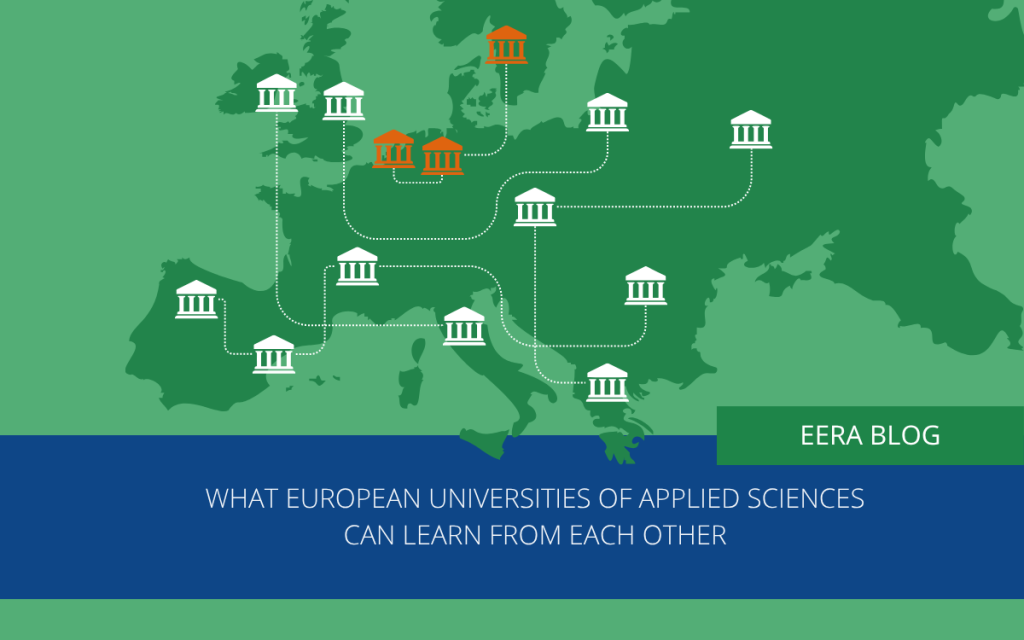
European Universities of Applied Sciences are facing increading challenges. A research project investigates new paths for their strategic positioning, and how they can connect and learn from each other.
The post What European universities of applied science can learn from each other appeared first on EERA Blog.
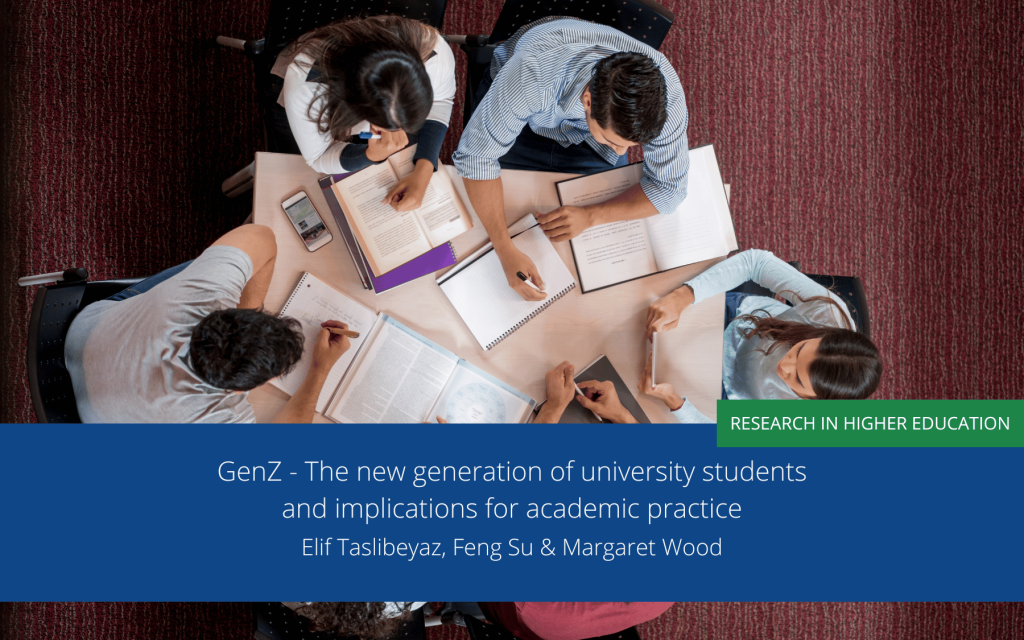
To meet the expectations of GenZ university students, universities must go beyond the stereotypes and provide support for a range of learning needs.
The post GenZ – the new generation of university students and implications for academic practice appeared first on EERA Blog.
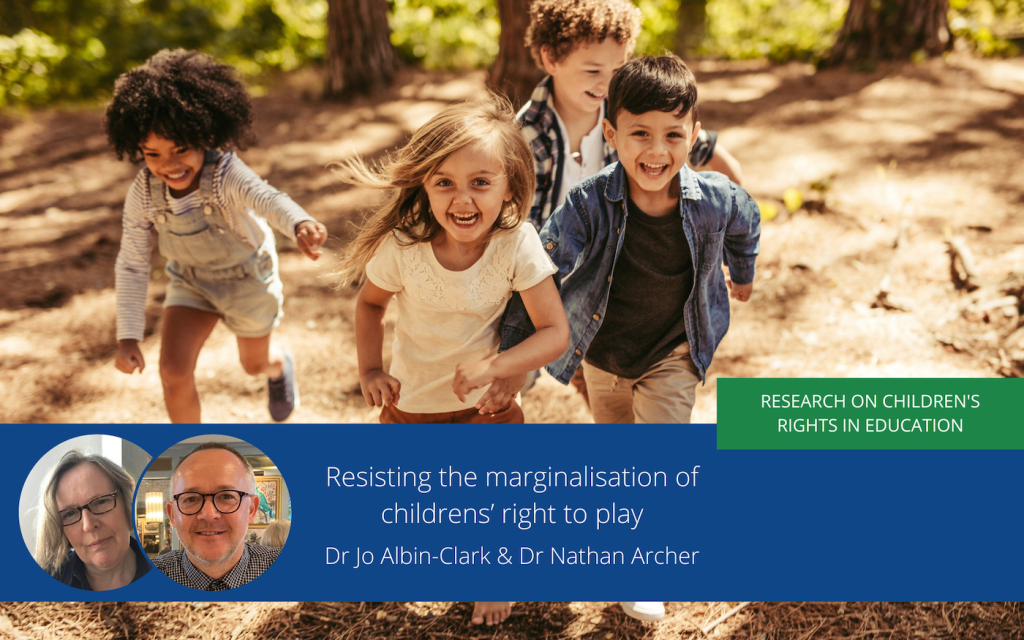
Play has an essential role in children's educational lives and matters to their childhood. Play and educational justice are related concepts, and there are both implications and risks in marginalising children's right to play.
The post Resisting the marginalisation of children’s right to play appeared first on EERA Blog.
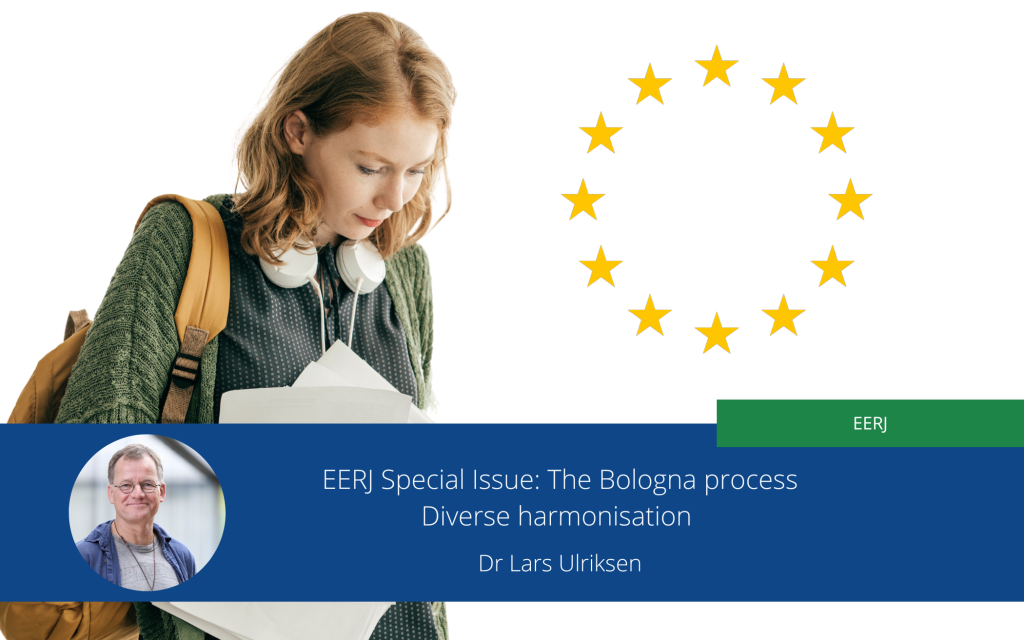
The post EERJ Special Issue: The Bologna process – diverse harmonisation appeared first on EERA Blog.
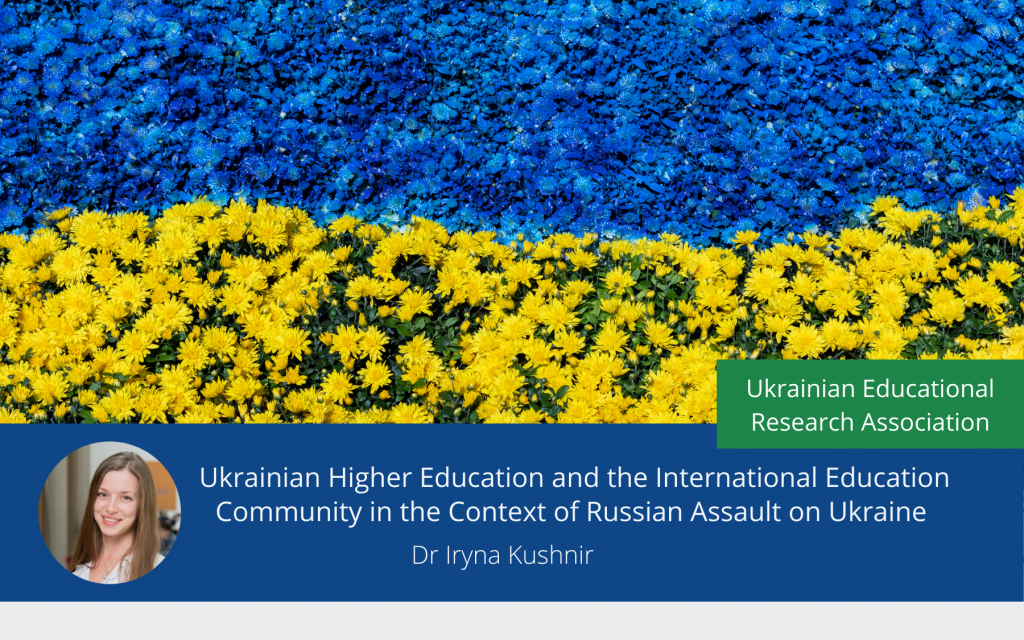
The post Ukrainian Higher Education and the International Education Community in the Context of Russian Assault on Ukraine  appeared first on EERA Blog.
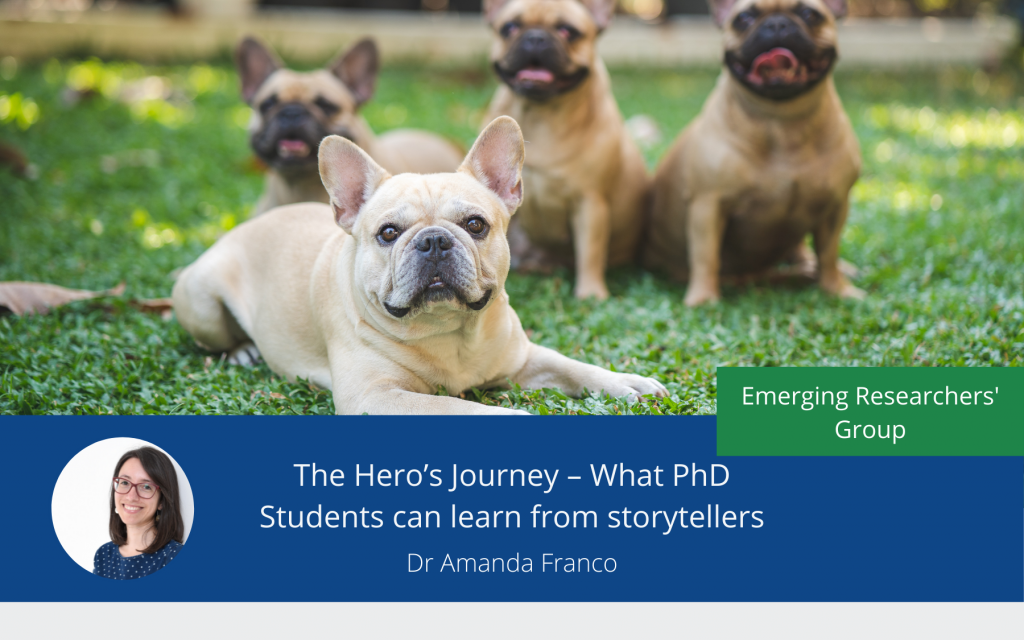
The post The Hero’s Journey – What PhD Students can learn from storytellers appeared first on EERA Blog.
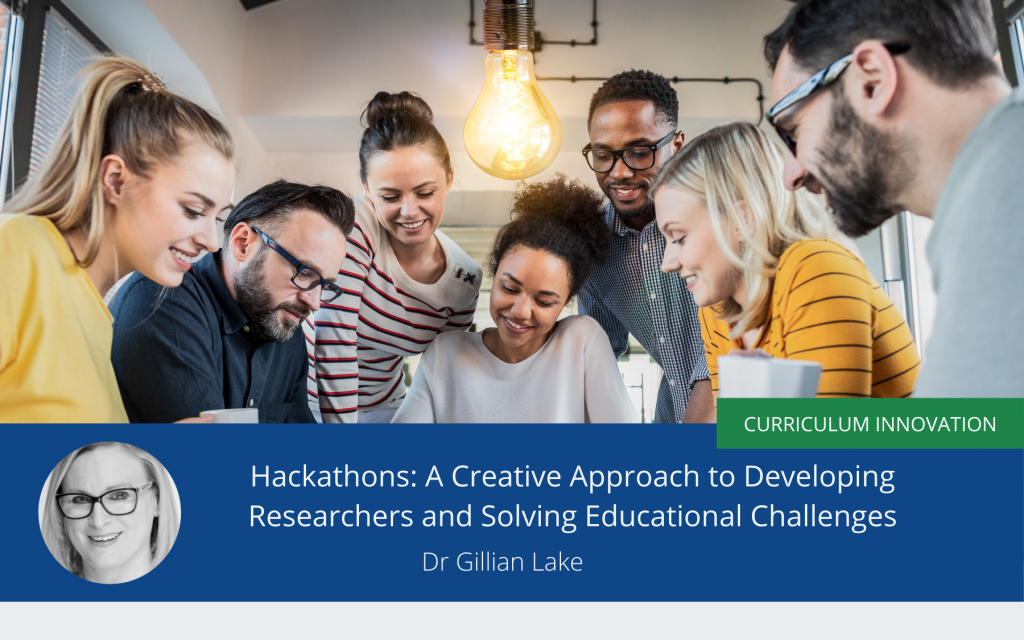
The post Hackathons: A Creative Approach to Developing Researchers and Solving Educational Challenges appeared first on EERA Blog.
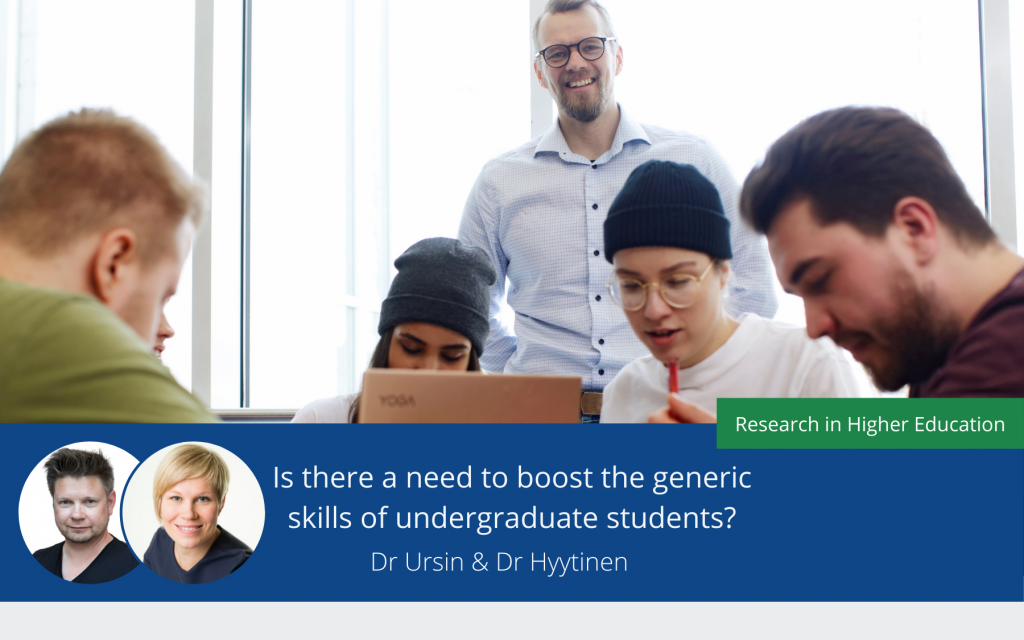
The post Is there a need to boost the generic skills of undergraduate students? appeared first on EERA Blog.

The post Making Connections in Higher Education appeared first on EERA Blog.
NW 22 runs a mailing list and invites researchers to join. To join the mailing list, send a blank message to nw22-subscribe(at)lists.eera-ecer.de